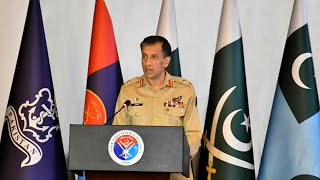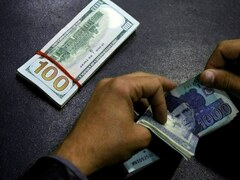India on Wednesday suspended over 6 decades long Indus Waters Treaty (IWT) with Pakistan, following an attack on tourists that killed 26 men in Indian Illegally Occupied Jammu and Kashmir (IIOJK)’s Pahalgam area, for which New Delhi blamed Pakistan.
India also summoned the top diplomat in the Pakistan embassy in New Delhi, local media reported, to give notice that all defence advisers in the Pakistani mission were persona non grata and given a week to leave.
Indian Prime Minister Narendra Modi called for an all-party meeting with opposition parties on Thursday, to brief them on the government’s response to the attack.
Pakistan rejected the Indian allegations and expressed grave concern over the tragic loss of lives in Pahalgam.
Commenting on reports regarding Indus Waters Treaty, well informed sources told Business Recorder that they were just speculations, adding that neither Pakistan nor India could cancel the pact, brokered the World Bank.
Origins of IWT:
According to the information available on the World Bank’s website, the Indus Waters Treaty was signed in 1960 after nine years of negotiations between India and Pakistan with the help of the World Bank, which is also a signatory.
The negotiations were the initiative of former World Bank President Eugene Black. Seen as one of the most successful international treaties, it has survived frequent tensions, including conflict, and has provided a framework for irrigation and hydropower development for more than half a century.
Former US President Dwight Eisenhower described it as “one bright spot … in a very depressing world picture that we see so often.”
The Treaty allocates the Western Rivers (Indus, Jhelum, Chenab) to Pakistan and the Eastern Rivers (Ravi, Beas, Sutlej) to India. At the same time, the Treaty allows each country certain uses on the rivers allocated to the other.
How IWT works:
The World Bank states that the Treaty sets out a mechanism for cooperation and information exchange between the two countries regarding their use of the rivers, known as the Permanent Indus Commission, which has a Commissioner from each country.
The Treaty also sets forth distinct procedures to handle issues which may arise: “questions” are handled by the Commission; “differences” are to be resolved by a Neutral Expert; and “disputes” are to be referred to an ad hoc arbitral tribunal called the “Court of Arbitration.”
As a signatory to the Treaty, the World Bank’s role is limited and procedural. In particular, its role in relation to “differences” and “disputes” is limited to the designation of individuals to fulfill certain roles in the context of Neutral Expert or Court of Arbitration proceedings when requested by either or both of the Parties.
Here is the full text of the Indus Waters Treaty:




















Comments